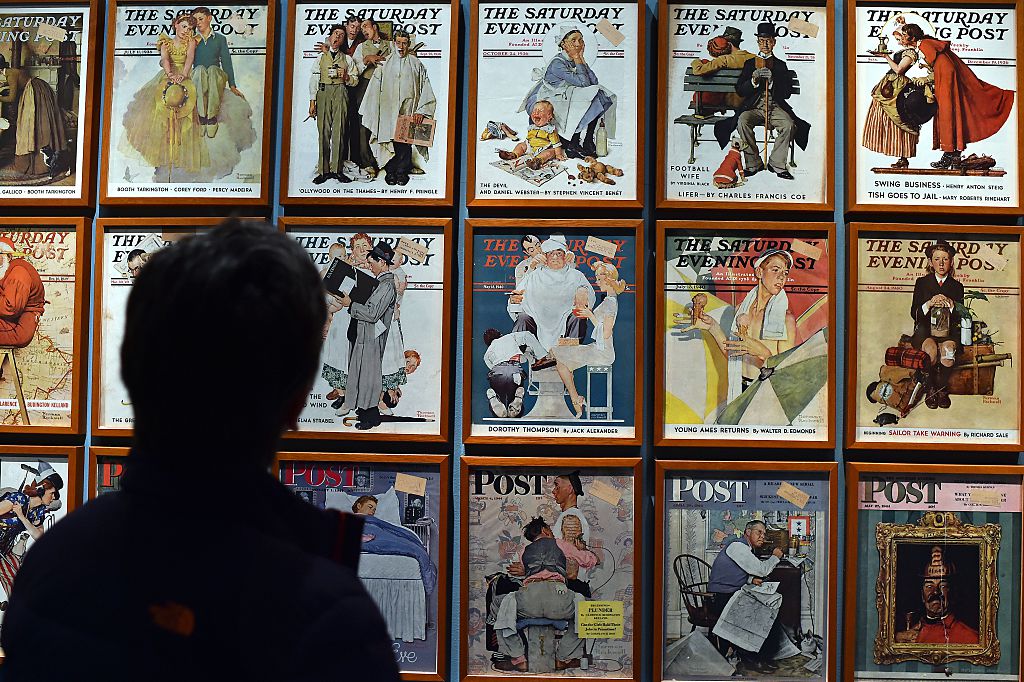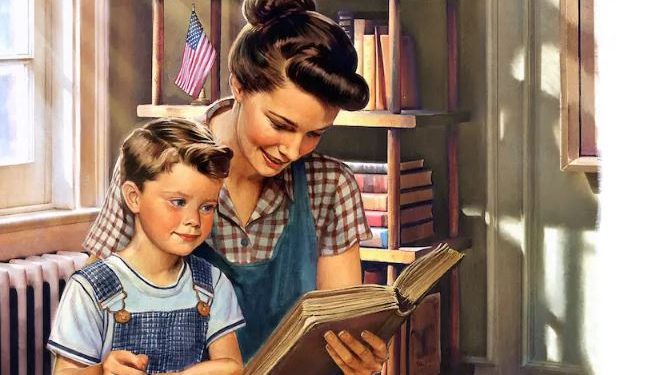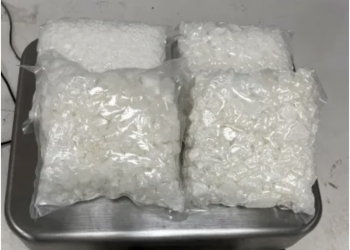Jeff Minick has four children and a growing platoon of grandchildren. For 20 years, he taught history, literature, and Latin to seminars of homeschooling students in Asheville, N.C. He is the author of two novels, “Amanda Bell” and “Dust On Their Wings,” and two works of nonfiction, “Learning As I Go” and “Movies Make The Man.” Today, he lives and writes in Front Royal, Va.
During the Colonial era, education, especially literacy, was a near-obsession among the European newcomers to America.

‘The Bedrock of a Thriving Republic’
In “Our Sacred Honor: Words of Advice from the Founders in Stories, Letters, Poems, and Speeches,” William Bennett calls our attention to this focus on moral development in his chapter “Education of the Head and Heart.” As we read through the letters of these makers of our American republic, we may have to grapple a bit with the austerity and syntax of their 18th-century prose, but we find their worries—basically, how to raise good kids—match those of many parents and mentors today.
“It may be proper to observe that a good moral character is the first essential in a man, and that the habits contracted at your age are generally indelible, and your conduct here may stamp your character through life.”

The 1st ‘Dear Abby’
Abigail Adams deserves special mention. A bold and strong-willed woman, she—along with her husband—took a very real interest in their children’s character development.
Abigail was also an inveterate writer, posting more than 4,300 letters in her lifetime, and she left to posterity a good bit of the advice she dispatched to her children, especially John Quincy. Bennett includes several excerpts from her letters in “Our Sacred Honor.”
Two years earlier, she wrote to the boy, “Great learning and superior abilities, should you ever possess them, will be of little value and small Estimation, unless Virtue, Honor, Truth and integrity are added to them.”
Many parents will smile when in this same letter she tells him, “The inadvertency and Heedlessness of youth, requires line upon line and precept upon precept.” Abigail then startles us by adding, “I had much rather you should have found your Grave in the ocean you have crossd, or any untimely death crop you in your infant years, rather than see you an immoral profligate or a Graceless child.”
Takeaways
In America today, we hear a good deal about the poor academic performance in many of our nation’s public schools and lowered standards in our universities. Test scores in reading and mathematics are declining, with critics calling for a variety of reforms.
What we don’t hear is a word about the teaching of virtue, at least not in government schools. With the exception of private academies and homeschoolers, an education in character development, which was so important to the sons and daughters of the American Revolution, vanished decades ago, which may explain many of our nation’s current problems.

Perhaps this indifference is a blessing in disguise, as it leaves parents rather than the state in command of their children’s ethics and morals. And here’s more good news:
There’s a library of books and resources about virtues that are available to parents and teachers. Search online for “teaching virtue to children resources,” and find collections such as Bennett’s “The Book of Virtues,” all sorts of guides on character building at home and in the classroom, and dozens of websites offering practical direction along with suggested readings and activities. Parents and grandparents, mentors, and teachers will discover an army of reinforcements waiting to help them inspire moral excellence in their children.
“For no people will tamely surrender their liberties,” Sam Adams wrote to Joseph Warren in 1775, “nor can any be easily subdued, when knowledge is diffused and Virtue is preserved.”
As parents and teachers plan and prepare for school this fall, keep in mind the words and sentiments of our Founder, and consider making the study and practice of virtue a part of your curriculum.






